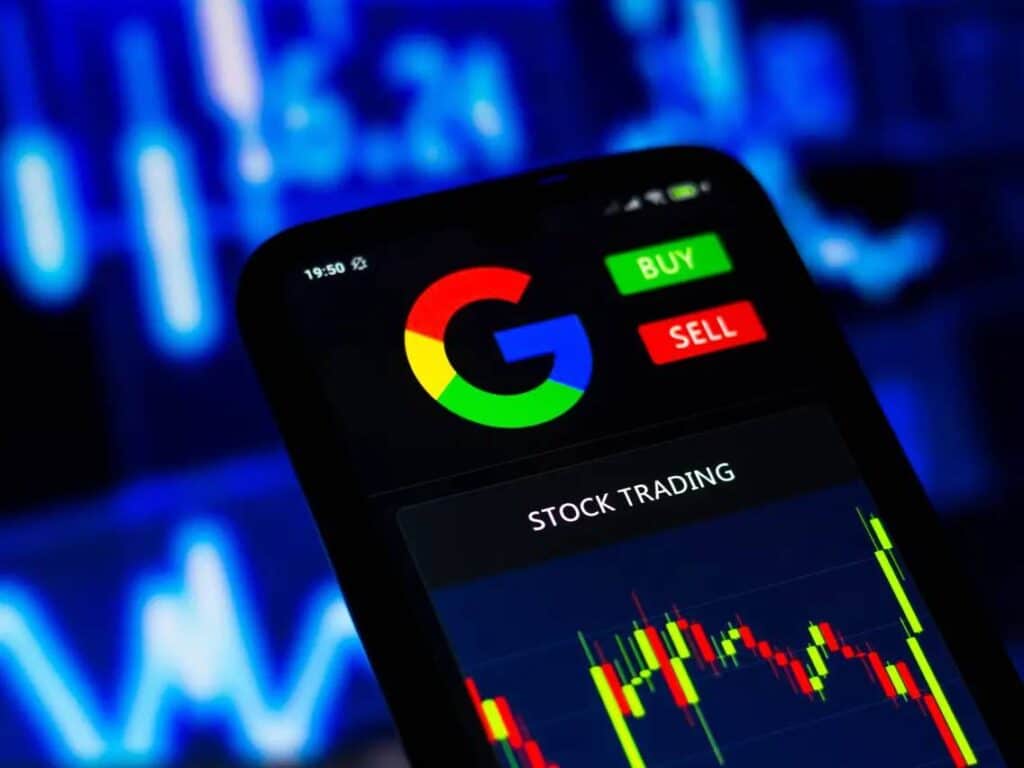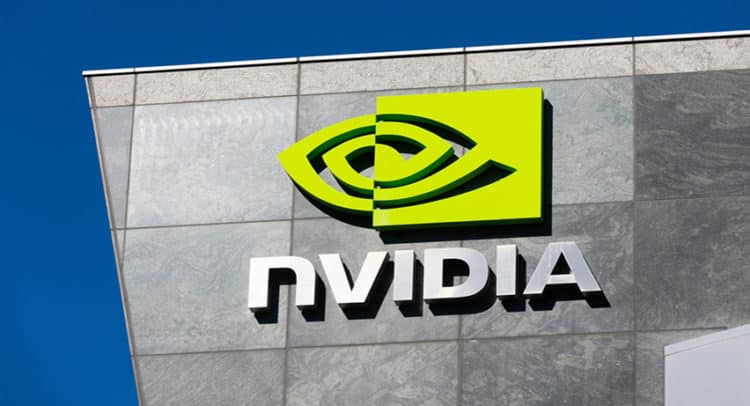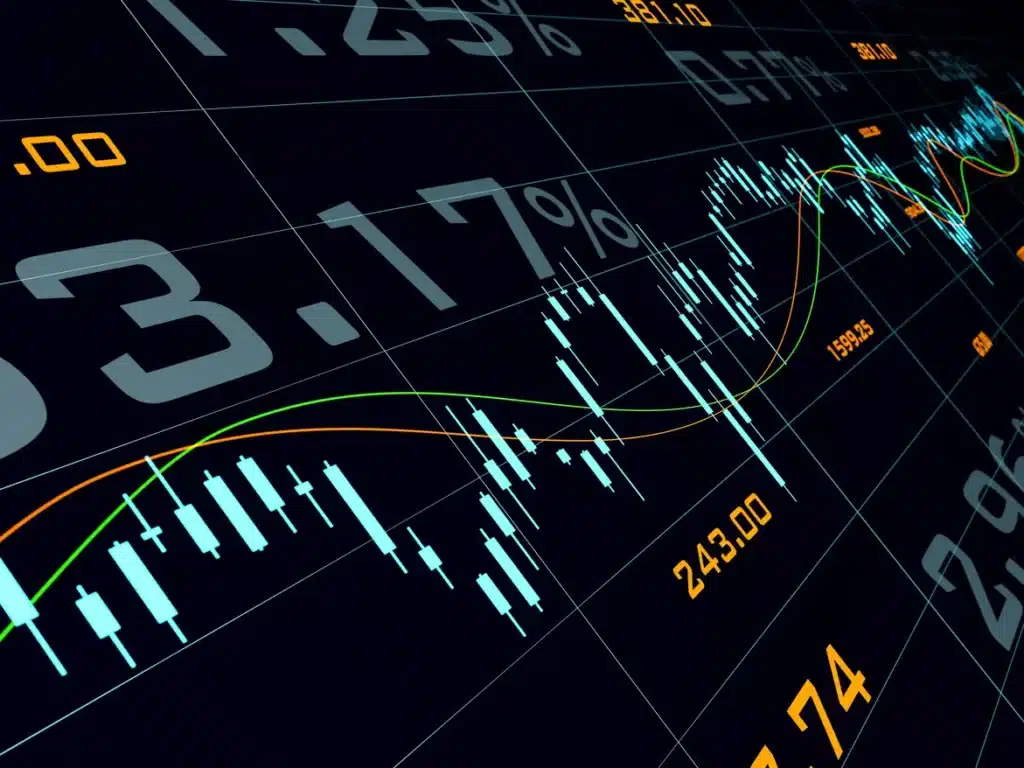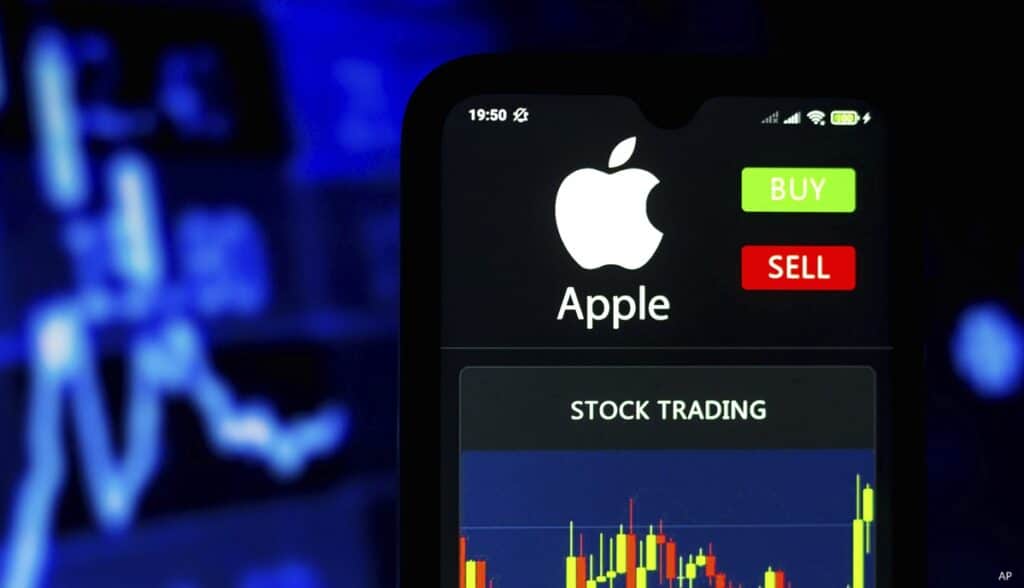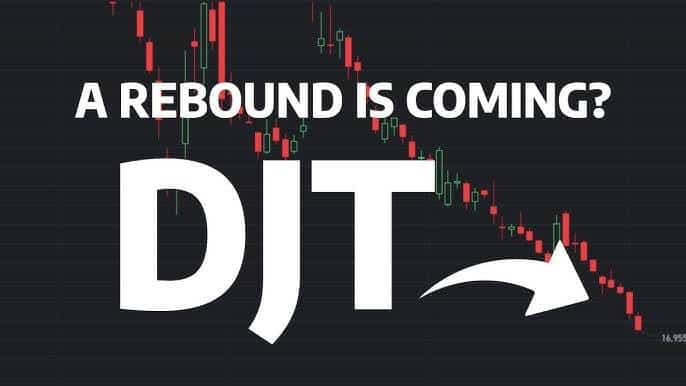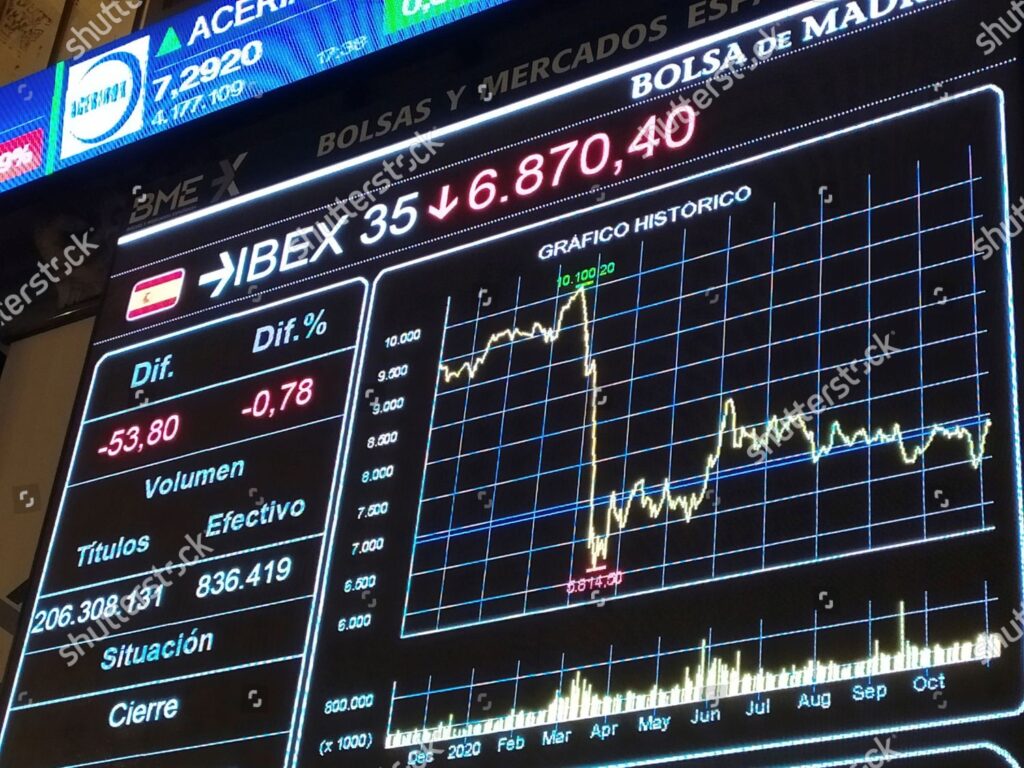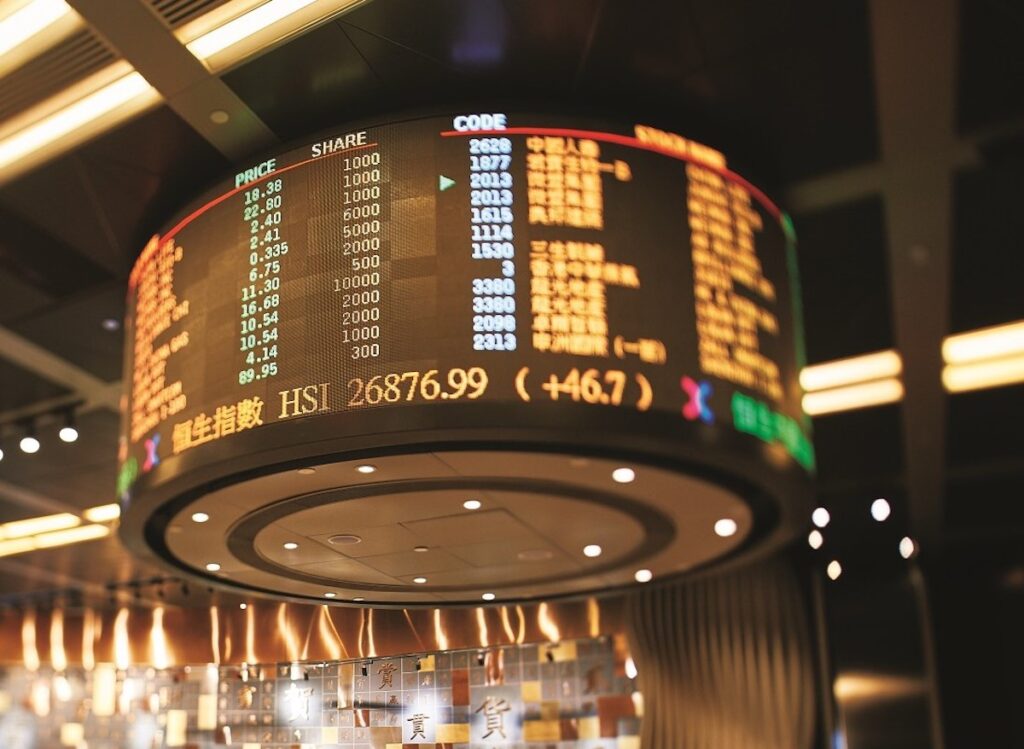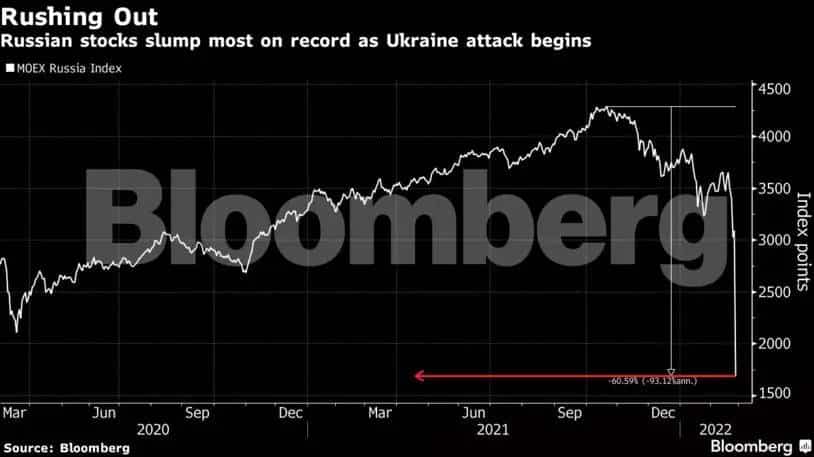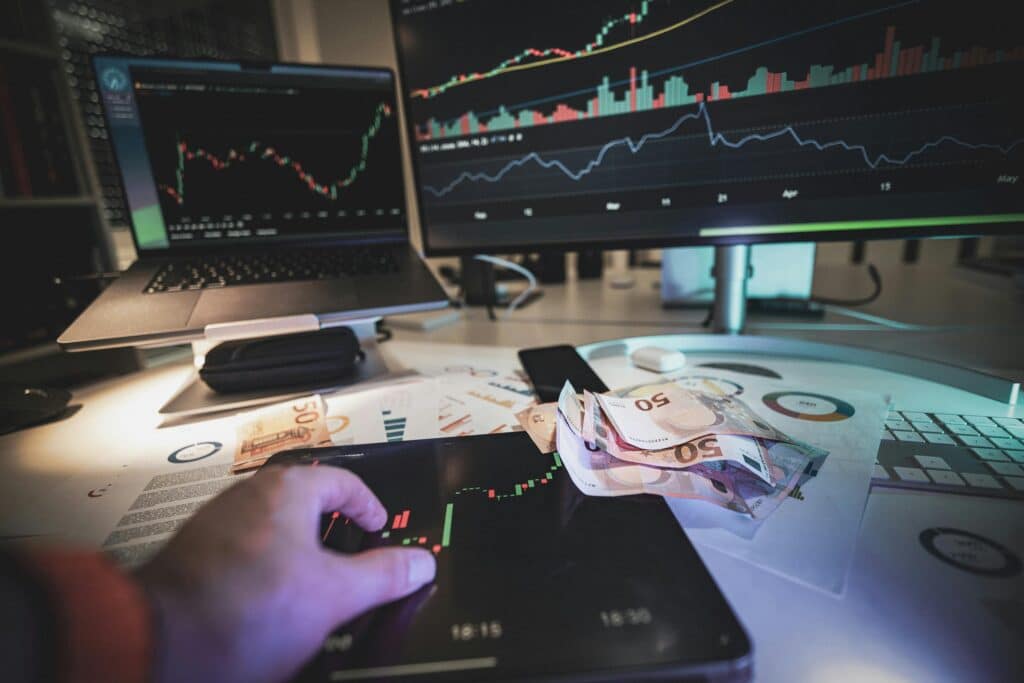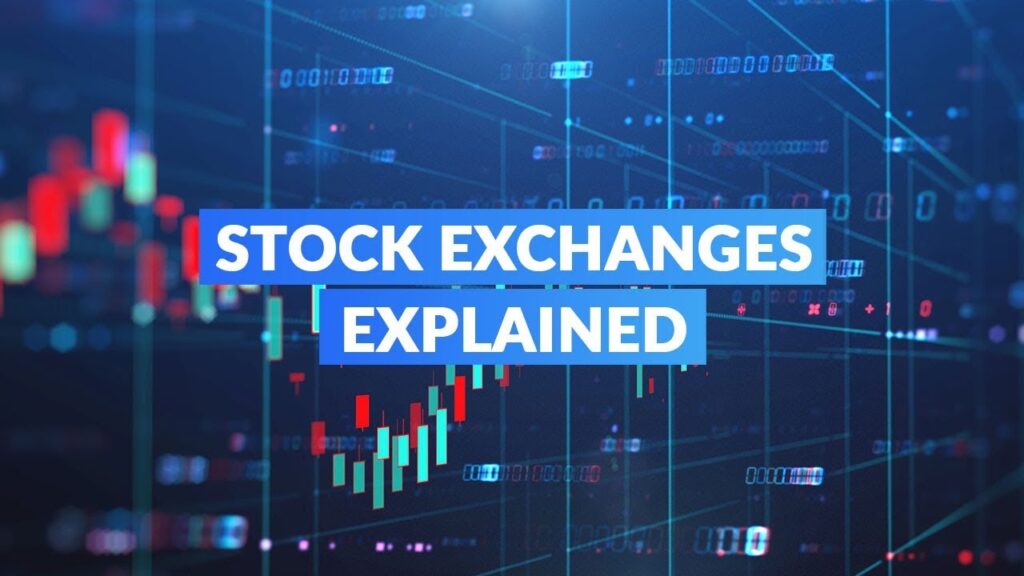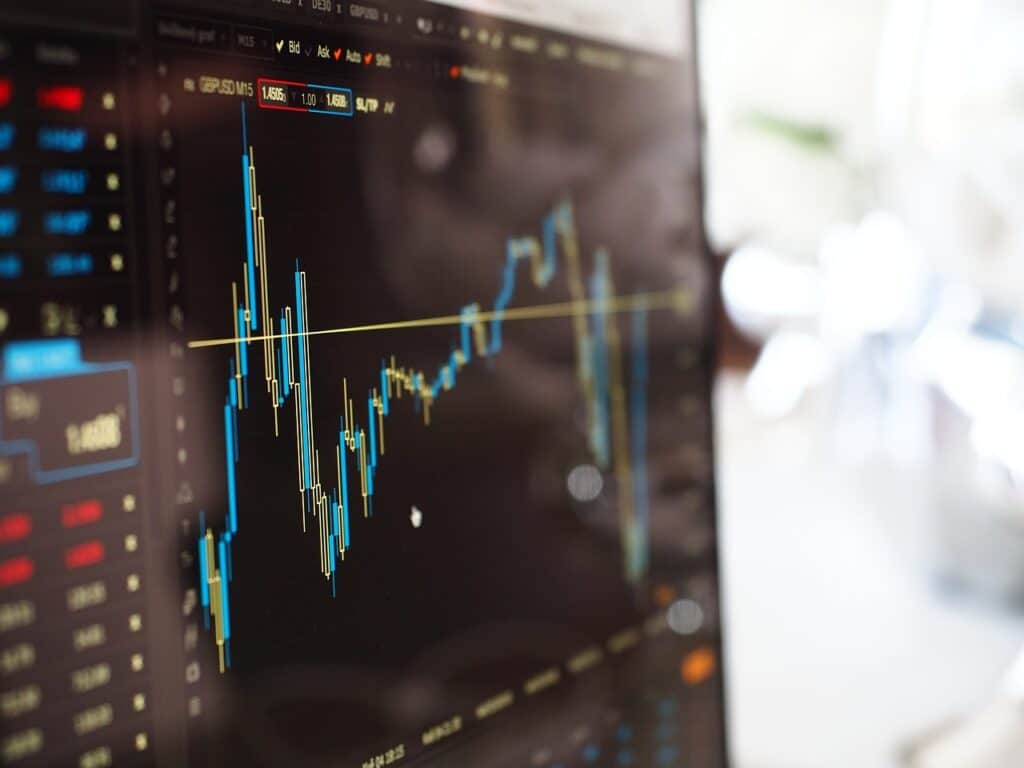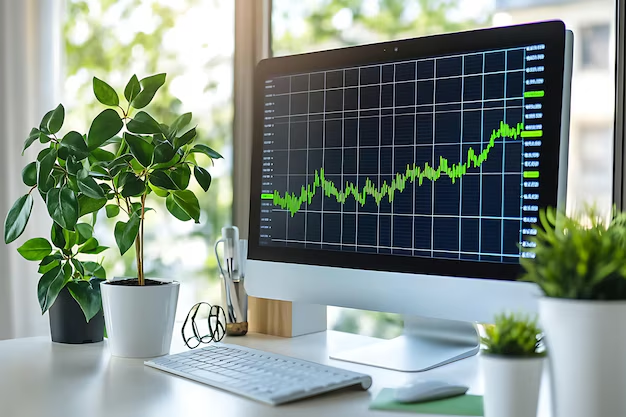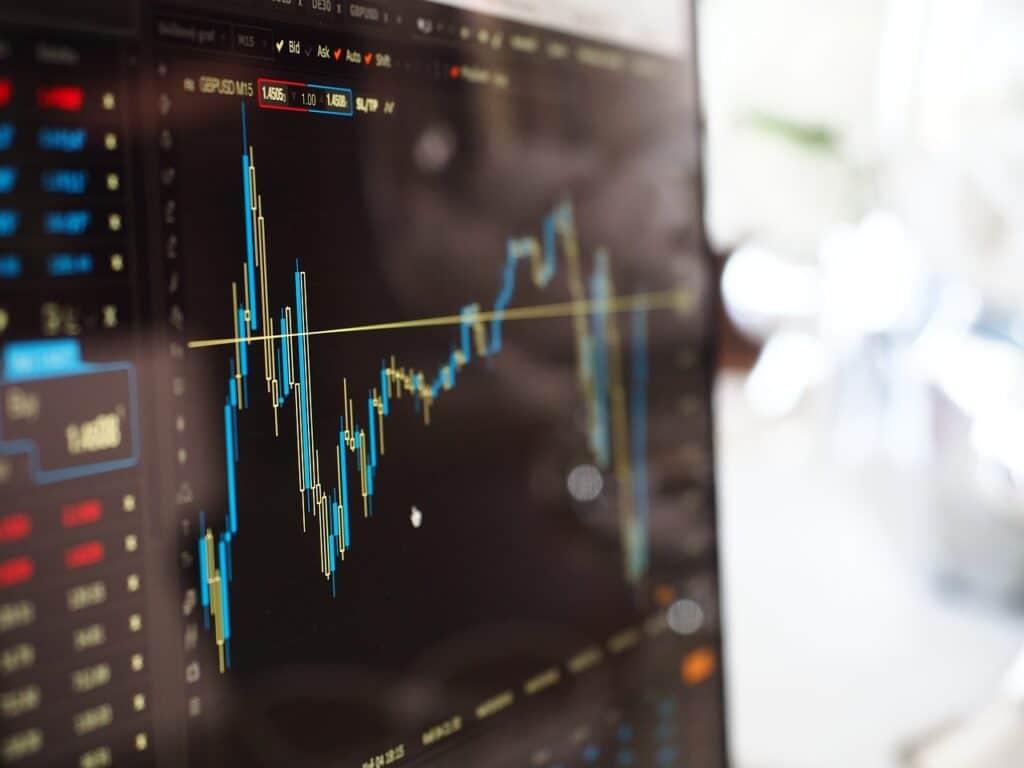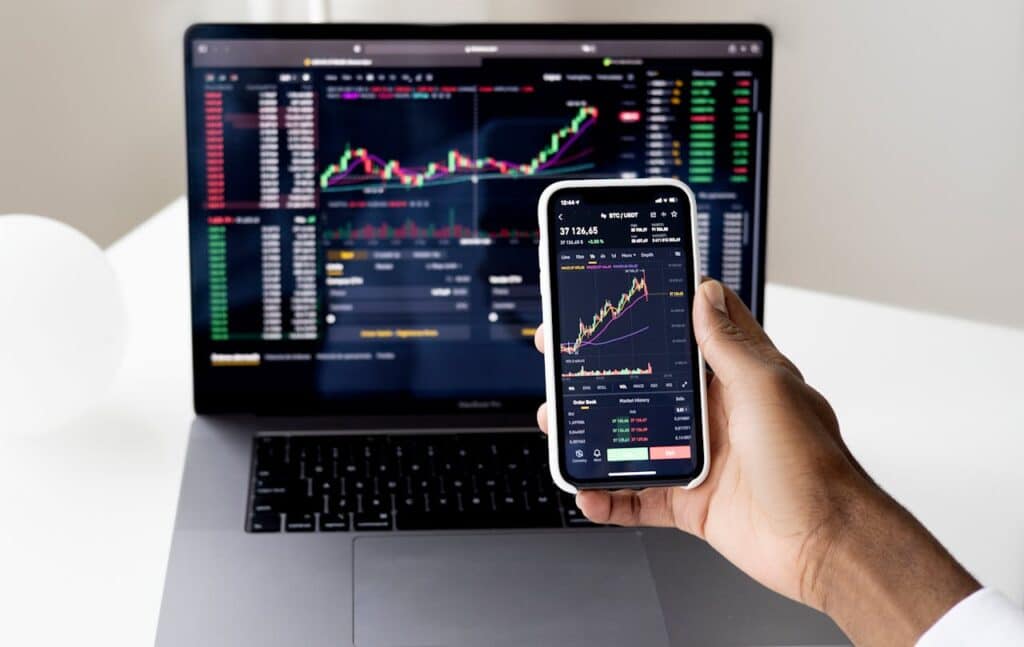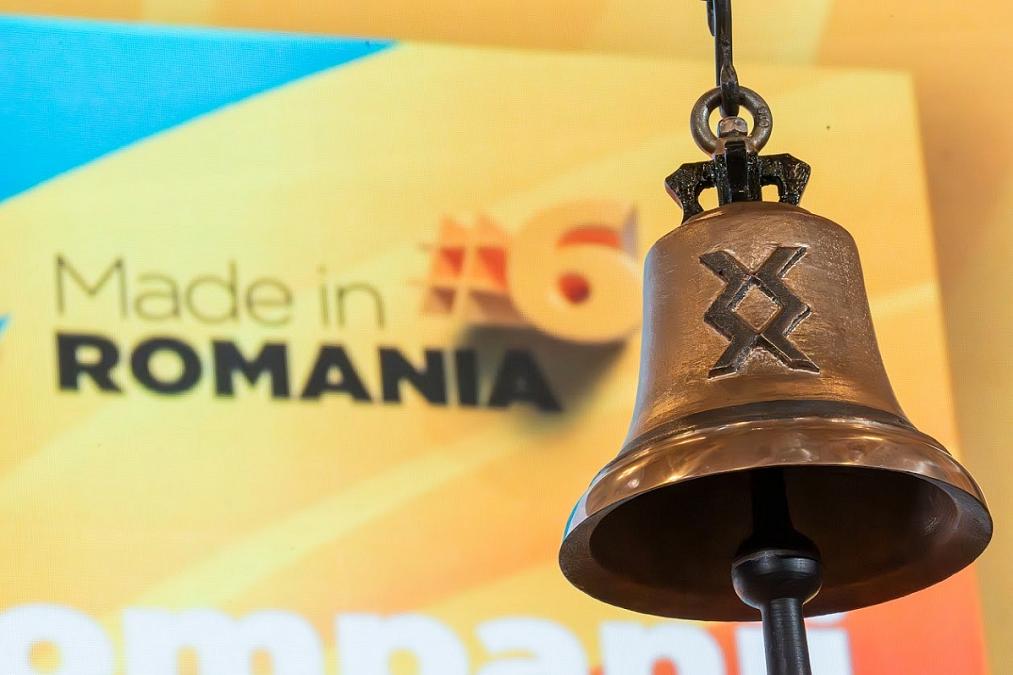Investment opportunities in the Venezuelan stock market
The Venezuelan stock market, despite the economic challenges faced by the country, presents various investment opportunities for those willing to navigate its complexities. From blue-chip companies to emerging players, the BVC offers a diverse range of stocks that may appeal to different investor profiles and risk appetites.
One of the primary advantages of investing in the Venezuelan stock market is the potential for high returns, as the market has historically experienced periods of significant growth. However, it is crucial to carefully analyze the risks and volatility associated with the market, as the economic and political landscape in Venezuela can be highly unpredictable.
Overview of the Mercado de Valores and trading in Venezuelan stocks
The Mercado de Valores, or the Securities Market, is the core component of the Bolsa de Valores de Caracas (BVC), where the trading of stocks and other financial instruments takes place. The Mercado de Valores facilitates the exchange of shares, bonds, and other securities, allowing investors to participate in the growth and performance of Venezuelan companies.
Trading in Venezuelan stocks can be conducted through various channels, including online platforms, brokerage firms, and direct interactions with the BVC. It is essential to familiarize yourself with the trading mechanisms, regulations, and settlement procedures to ensure a smooth and efficient investment experience.
Top list of stock indexes in Venezuela
- Índice Bursátil Caracas (IBC): As mentioned earlier, the IBC is the primary stock index of the Bolsa de Valores de Caracas, tracking the performance of the most actively traded and liquid stocks on the exchange.
- Índice Nacional (INDEXA): The Índice Nacional (INDEXA) is a broader index that includes a larger number of stocks, providing a more comprehensive representation of the Venezuelan stock market.
- Índice Sector Financiero (ISFIN): The Índice Sector Financiero (ISFIN) is a sector-specific index that focuses on the performance of stocks in the financial industry, including banks, insurance companies, and other financial services providers.
- Índice Sector Industrial (ISIND): The Índice Sector Industrial (ISIND) is a sector-specific index that tracks the performance of stocks in the industrial sector, such as manufacturing, utilities, and construction companies.
Understanding these key stock indexes can help you evaluate the overall market trends, sector-specific performance, and make more informed investment decisions.
Investing in Venezuelan companies and their performance on the BVC
When investing in the Venezuelan stock market, it is crucial to conduct thorough research on the companies you are considering. Analyze their financial statements, management, industry trends, and growth prospects to assess their potential for long-term success.
Some of the top-performing Venezuelan companies on the BVC include Empresas Polar, Banesco Banco Universal, and Corporación Digitel, as mentioned earlier. These companies have established themselves as industry leaders and have demonstrated resilience in the face of the country’s economic challenges.
It is important to note that the performance of Venezuelan companies on the BVC can be highly volatile, influenced by factors such as government policies, currency fluctuations, and the overall macroeconomic conditions in the country.
Understanding market capitalization and its relevance in the Venezuelan stock market
Market capitalization, or the total value of a company’s outstanding shares, is a crucial metric in the Venezuelan stock market. It provides insights into the size and relative importance of a company within the overall market.
In the context of the BVC, companies with higher market capitalization are generally considered more stable and liquid, making them attractive investment options for both domestic and international investors. Understanding the market capitalization of Venezuelan companies can help you assess their risk profile and potential for growth.
The role of dividends and bonds in the Venezuelan stock market
Dividends and bonds play a significant role in the Venezuelan stock market, offering investors alternative sources of income and diversification.
Dividends, which are the portion of a company’s profits distributed to its shareholders, can provide a steady stream of income for investors in the Venezuelan market. Analyzing a company’s dividend history and policies can help you identify potential investment opportunities.
Bonds, on the other hand, represent debt instruments that companies or the government issue to raise capital. Investing in Venezuelan bonds, including government-issued bonds (Bonos Soberanos), can provide a more stable and predictable return compared to equities, particularly in times of market volatility.
Exploring the primary and secondary markets in Venezuela
The Venezuelan stock market consists of both primary and secondary markets, each with its own unique characteristics and opportunities.
The primary market is where new securities, such as shares or bonds, are issued and sold for the first time. This is often referred to as the Initial Public Offering (IPO) market, where investors can participate in the early stages of a company’s growth.
The secondary market, on the other hand, is where existing securities are traded among investors. This is where the majority of trading activity takes place, as investors buy and sell shares of publicly traded companies on the Bolsa de Valores de Caracas (BVC).
Understanding the dynamics of both the primary and secondary markets can help you navigate the Venezuelan stock market and identify investment opportunities at different stages of a company’s life cycle.
Initial Public Offerings (IPOs) and their impact on the Venezuelan stock market
Initial Public Offerings (IPOs) play a significant role in the Venezuelan stock market, as they provide companies with the opportunity to raise capital and gain access to a broader investor base.
IPOs can have a significant impact on the Venezuelan stock market, as they can introduce new and potentially high-growth companies to the BVC. Investors who participate in IPOs may have the opportunity to capitalize on the potential upside of these companies, though it is essential to conduct thorough due diligence and understand the risks associated with investing in newly public companies.
The success and performance of IPOs in the Venezuelan market can also influence the overall sentiment and activity on the BVC, as they can attract both domestic and international investors.
Overview of financial instruments in the Venezuelan stock market – fixed income and equities
The Venezuelan stock market offers a diverse range of financial instruments, including both fixed-income and equity securities.
Fixed-income instruments, such as government bonds (Bonos Soberanos) and corporate bonds, provide investors with a more stable and predictable stream of income. These instruments are particularly attractive during times of market volatility, as they offer a lower-risk alternative to equities.
Equity securities, on the other hand, represent ownership in a company and provide investors with the potential for capital appreciation and dividend income. The Venezuelan stock market offers a variety of stocks, ranging from blue-chip companies to smaller, emerging players.
Understanding the characteristics and risk-return profiles of these financial instruments can help you construct a well-diversified investment portfolio that aligns with your investment objectives and risk tolerance.
The impact of the economic crisis, devaluation, and inflation on the Venezuelan stock market
The Venezuelan stock market has been heavily influenced by the country’s ongoing economic crisis, marked by hyperinflation, currency devaluation, and political instability.
These macroeconomic factors have had a significant impact on the performance of the Bolsa de Valores de Caracas (BVC) and the companies listed on it. Investors have had to navigate the challenges of rapidly changing exchange rates, eroding purchasing power, and the potential for government interventions in the market.
Despite these challenges, some companies have demonstrated resilience and the ability to adapt to the changing economic landscape. Understanding the impact of these macroeconomic factors and their implications for the Venezuelan stock market is crucial for making informed investment decisions.
Regulatory framework and financial regulations in the Venezuelan stock market
The Venezuelan stock market is governed by a regulatory framework that includes various laws, rules, and institutions responsible for overseeing and enforcing market regulations.
The Comisión Nacional de Valores (CNV), the country’s securities and exchange commission, is the primary regulatory body responsible for ensuring the integrity and transparency of the Venezuelan stock market. The CNV sets guidelines for public offerings, disclosure requirements, and market participant conduct.
Additionally, the Bolsa de Valores de Caracas (BVC) itself has its own set of rules and regulations that govern the trading and listing of securities on the exchange. Understanding the regulatory environment and compliance requirements is essential for investors navigating the Venezuelan stock market.
Introduction to mutual funds and their role in the Venezuelan stock market
Mutual funds play a significant role in the Venezuelan stock market, providing investors with a diversified and professionally managed way to participate in the market.
Venezuelan mutual funds, known as Fondos Mutuos, offer investors the opportunity to pool their resources and invest in a portfolio of stocks, bonds, and other financial instruments. This diversification can help mitigate the risks associated with individual investments and provide access to a broader range of investment opportunities.
Mutual funds in Venezuela are regulated by the Comisión Nacional de Valores (CNV) and offer investors various investment strategies, from conservative income-generating funds to more aggressive growth-oriented funds. Understanding the different types of mutual funds and their investment objectives can help you identify the ones that align with your financial goals and risk tolerance.
International investors and their participation in the Venezuelan stock market
The Venezuelan stock market has historically attracted the interest of international investors, who see it as a potential source of diversification and high returns, despite the challenges and risks associated with the country’s economic and political landscape.
Foreign investors, including institutional investors such as hedge funds and pension funds, have participated in the Venezuelan stock market through various channels, including direct investments in Venezuelan companies, as well as through the use of financial instruments like American Depositary Receipts (ADRs).
The participation of international investors in the Venezuelan stock market can have a significant impact on market dynamics, liquidity, and volatility. Understanding the role and influence of foreign investors is crucial for domestic and international investors alike when navigating the complexities of the BVC.
The role of the Bolívar Soberano and the foreign exchange market in Venezuela
The Bolívar Soberano, Venezuela’s current currency, plays a crucial role in the functioning of the Venezuelan stock market, as it is the primary medium of exchange and the basis for valuing financial instruments.
The foreign exchange market, where the Bolívar Soberano is traded against other global currencies, can have a significant impact on the performance of the Venezuelan stock market. Currency fluctuations, devaluation, and government interventions in the foreign exchange market can directly affect the value of Venezuelan stocks and the overall investment landscape.
Investors in the Venezuelan stock market must closely monitor the Bolívar Soberano and the foreign exchange market to understand the potential risks and opportunities associated with currency movements and their impact on their investments.
Overview of monetary policies and their impact on the Venezuelan stock market
Monetary policies enacted by the Venezuelan government and the Banco Central de Venezuela (BCV) can have a significant impact on the performance of the Venezuelan stock market.
Measures such as interest rate adjustments, reserve requirements, and currency controls can influence the cost of capital, liquidity, and investor sentiment, ultimately affecting the prices and trading activity of stocks on the Bolsa de Valores de Caracas (BVC).
Understanding the central bank’s monetary policy decisions and their potential implications for the Venezuelan stock market is crucial for investors to make informed investment choices and navigate the complexities of the market.
Evaluating the potential of investing in the Bolsa de Valores de Caracas (BVC)
Investing in the Venezuelan stock market, specifically the Bolsa de Valores de Caracas (BVC), presents both opportunities and challenges for investors. While the market has the potential to offer high returns, it is also characterized by significant volatility, economic instability, and political uncertainty.
As an investor, it is essential to conduct thorough research, understand the market’s dynamics, and carefully assess the risks and rewards before making any investment decisions. By leveraging the information and insights provided in this comprehensive guide, you can make more informed choices and navigate the complexities of the Venezuelan stock market.










